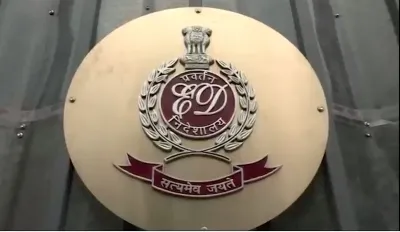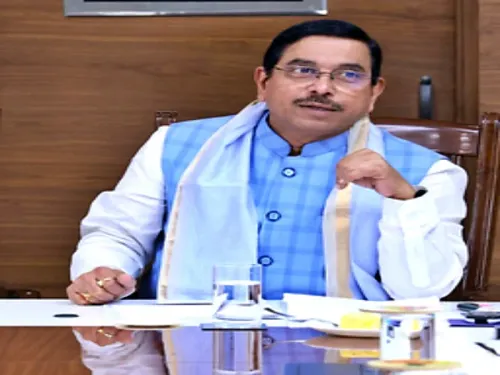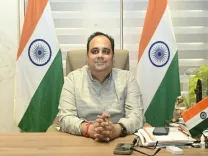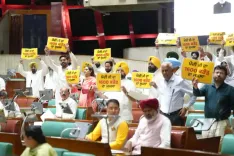Is Legislative Drafting the Soul of Democracy? LS Speaker Birla Addresses Haryana Lawmakers
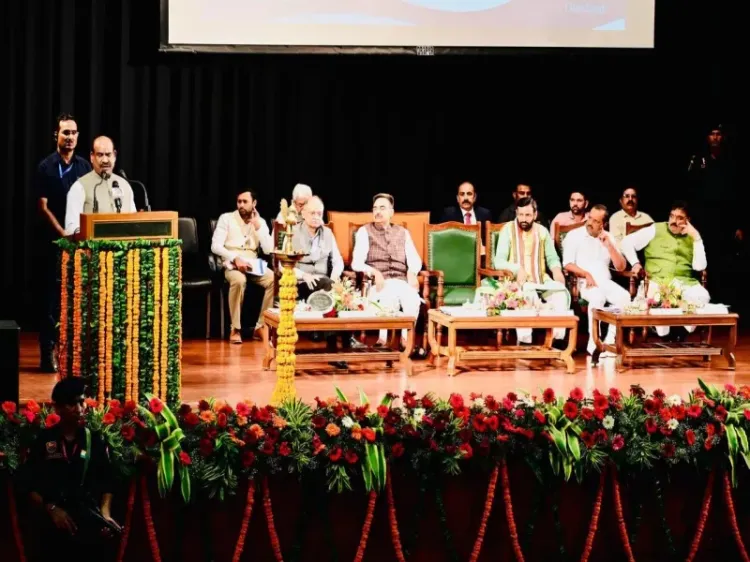
Synopsis
Key Takeaways
- Legislative drafting is essential for democracy.
- Clear laws enhance public trust.
- Training helps lawmakers adapt to societal changes.
- Collaboration among legislators is vital for effective governance.
- Ambiguous laws weaken judicial intent.
Chandigarh, Sep 26 (NationPress) Lok Sabha Speaker Om Birla officially opened a two-day training workshop focused on Legislative Drafting and Capacity Building, organized by the Haryana Vidhan Sabha in partnership with the Institute of Constitutional and Parliamentary Studies, Lok Sabha, here.
During his speech, Speaker Birla highlighted that legislative drafting is the essence of democracy. He pointed out that clear, straightforward, and transparent laws are vital for strengthening democratic institutions and enhancing public trust in governance.
“Laws must adapt to the changing times. Through comprehensive training, we can ensure that upcoming legislation prioritizes welfare and addresses societal needs,” he stated.
The opening session saw the presence of Chief Minister Nayab Singh Saini, Haryana Vidhan Sabha Speaker Harvinder Kalyan, Karnataka Vidhan Sabha Speaker U.T. Khader Fareed, and Haryana Vidhan Sabha Deputy Speaker Krishan Lal Middha. Speaker Birla commended Haryana for its significant contributions to democratic ideals and its successes in sectors like agriculture, industry, and culture.
Birla also commented on the frequent disturbances in Parliament, stressing that public confidence in democracy is only strengthened when legislative bodies operate in an accountable manner and engage in substantial discussions.
“Agreement and disagreement are the strengths of democracy, but robust legislative drafting ensures that differences remain ideological, with no ambiguity surrounding the language of a law,” he remarked.
He further expressed that the core strength of democracy is rooted in public trust, which is solidified when legislative bodies and Parliament function transparently, systematically, and responsibly, according to an official statement.
The Lok Sabha Speaker also praised the state government for achieving a historic milestone by ensuring the procurement of all crops at the minimum support price.
Reinforcing the ongoing significance of the Constitution, Speaker Birla remarked that it was framed after extensive debate, discussion, and consensus-building. It guided the nation during its independence and continues to serve as an enduring source of inspiration today. Legislatures, within their defined jurisdictions, convert the aspirations of the populace into laws.
He recalled that legislative departments once had numerous seasoned professionals, but their numbers have dwindled over time. Prime Minister Narendra Modi and Union Home Minister Amit Shah recognized the need for regular training in legislative drafting to fill this void.
Such initiatives, he noted, allow younger officials to gain insights from experienced experts who have influenced landmark legislation.
The Lok Sabha Speaker emphasized that legislative drafting should eliminate any ambiguity. “If a law is clear, transparent, and straightforward, it becomes genuinely beneficial for the public. Ambiguous drafting undermines the intent of laws during judicial scrutiny,” he stated. He reiterated that any legislation should mirror the aspirations of the people and the actual needs of the state.
Birla expressed optimism that the two-day workshop would serve as a platform for sharing various viewpoints, enabling lawmakers to draft more effective laws for the welfare of citizens and the development of the state.
He added that such programs not only boost the capabilities of officials but also enhance the respect and functionality of legislative institutions.
These initiatives familiarize officials and staff not only with the complexities of legislative processes but also empower them to cultivate a legislative language and format that is fair, transparent, and accessible to all segments of society, he concluded.


